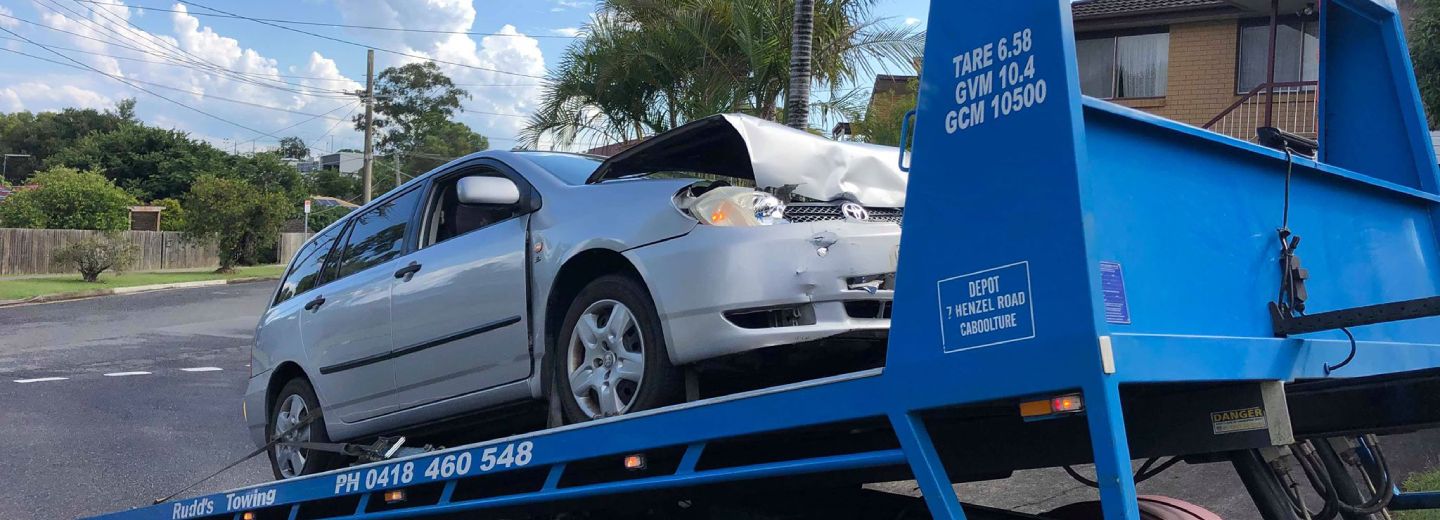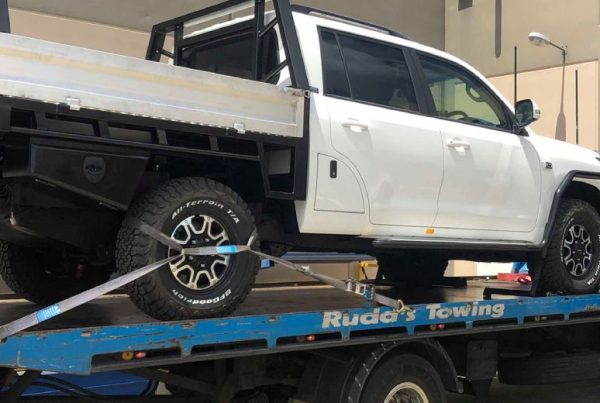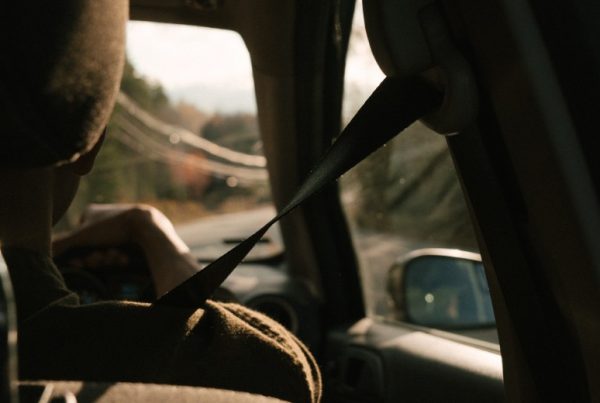After a 2017 investigation by the Queensland Government, a number of amendments were made to both the Tow Truck Act 1973 and Tow Truck Regulation 2009. This was in response to rising concern around vehicles being towed from private property.
As of April 16 2018, there were three major changes that a tow truck operator had to comply with when providing private property towing in regulated areas of QLD:
- Tow truck drivers and assistants must be accredited
- They must be employed by licensed tow truck operators
- The job must be done in a licensed tow truck
Although the investigation was specific to towing from private property, the amendments applied to a broader portion of the tow truck industry. According the Department of Transport and Main Roads, the licensing and certification requirements were to address six main areas:
- towing of damaged vehicles from the scene of an incident
- towing of vehicles seized by police
- towing of vehicles parked on private property
- subsequent handling and storage of those vehicles
- holding of property found in the vehicle, in safe custody, until it can be returned to the vehicle owner
- maximum fees that may be charged.
Note: The scheme does not regulate vehicle breakdown towing or trade towing.
Am I in a regulated area of QLD?
These laws and regulations apply to “regulated areas” which makes things a bit more confusing. An official breakdown of these areas is below but basically, if you live in or near the Gold Coast, Brisbane or the Sunshine Coast, you’re probably in a regulated area.
Officially, these are the regulated areas as set out by TMR:
- The Shires of: Beaudesert, Boonah, Caboolture, Esk, Gatton, Kilcoy, Laidley, Maroochy, Noosa, Pine Rivers and Redland.
- The Cities of: Brisbane, Bundaberg, Cairns, Caloundra, Gold Coast, Hervey Bay, Ipswich, Logan, Mackay, Maryborough, Redcliffe, Rockhampton and Toowoomba.
- The areas made up of the parishes of:
- Clement and Hinchinbrook in the county of Gray
- Beor, Bohle, Coonambelah, Ettrick, Halifax, Hervey, Lansdowne, Magnetic, Margenta, Rokeby, Ross, Stuart and Wyoming in the county of Elphinstone.
Maximum towing charges
Maximum regulated charges were set out for towing a damaged vehicle and towing from private property. For both types of towing service, they defined the maximum amount an operator can charge for specific aspects.
This helps to protect customers from unreasonable fees if they were to go with one of the less reputable towing services around (less common than you think but sadly, they do exist).
Maximum fees for crash towing (standard tow)
- $382.35 for the first 50km
- $7.60 for each km after that
Maximum fees for towing from private parking (standard tow)
- $264.65 – release from holding yard
- $158.80 – onsite release of vehicle after it’s been secured on the tow truck
- $26.45 per day – holding yard storage
What you cannot be charged for
Along with setting maximum costs, there are also a number of factors a towing operator cannot charge you for — they’re considered a regular part of the service:
- A callout fee
- Time spent locating the vehicle owner
- Travel time to the vehicle
- Allowing the owner access to their vehicle at the holding yard (within business hours)
- A property owner and motorist can’t both be charged for the towing service
Take a look at our tow truck pricing structure and information as a simple point of reference, too.
What exactly is a “standard tow”
These regulations often refer to limitations for a “standard tow” which is set out in the Tow Truck Act 1973. It sets out the below qualifiers for what a standard tow is:
- 60 minutes work at a crash scene or private parking area (including loading the vehicle onto a tow truck, cleaning up broken glass, paperwork etc)
- Transportation of the crashed vehicle from the accident to the agreed destination
- Transportation of the private property towed vehicle to the licence holders nearest holding yard
- 72 hours storage in holding yard (crash and private property towed vehicles).
How to report a towing operator that’s in breach of these limitations
If you feel you’ve been overcharged or otherwise mistreated by a towing operator, the best place to start is by talking to the operator. It may be as simple as a small misunderstanding or human error rather than malicious actions. If that turns out to be the case, management at most towing operators will be more than happy to work out a solution with you.
Failing that, you can report them directly to the Tow Truck Hotline by calling 1800 681 636.




